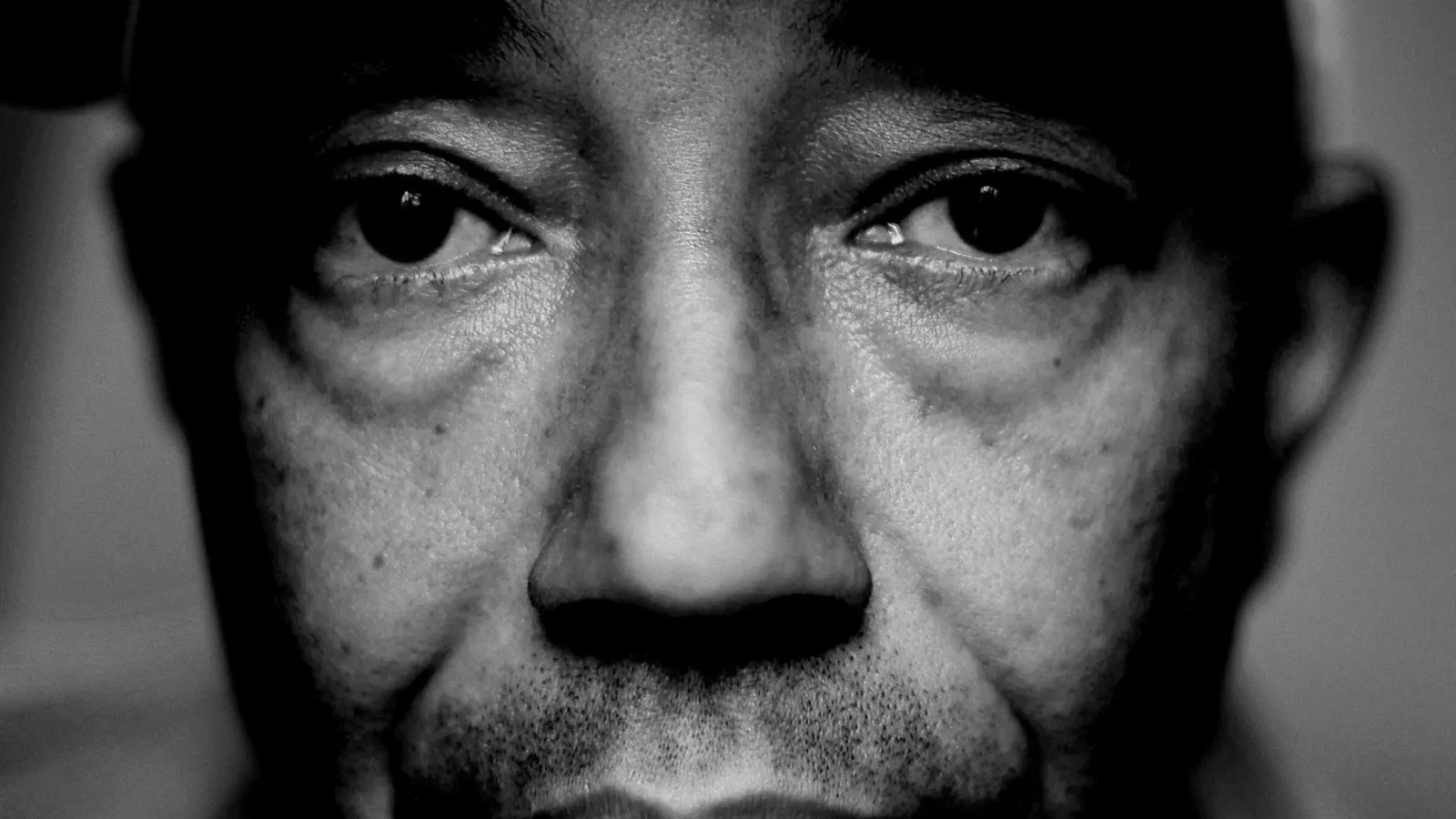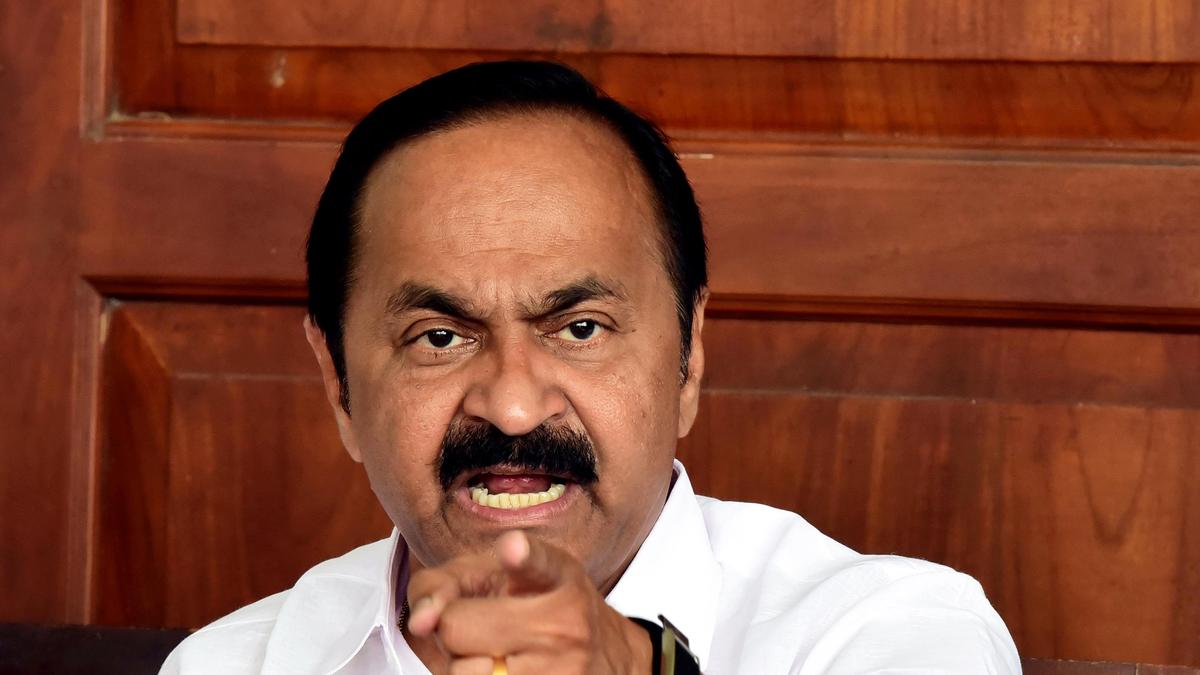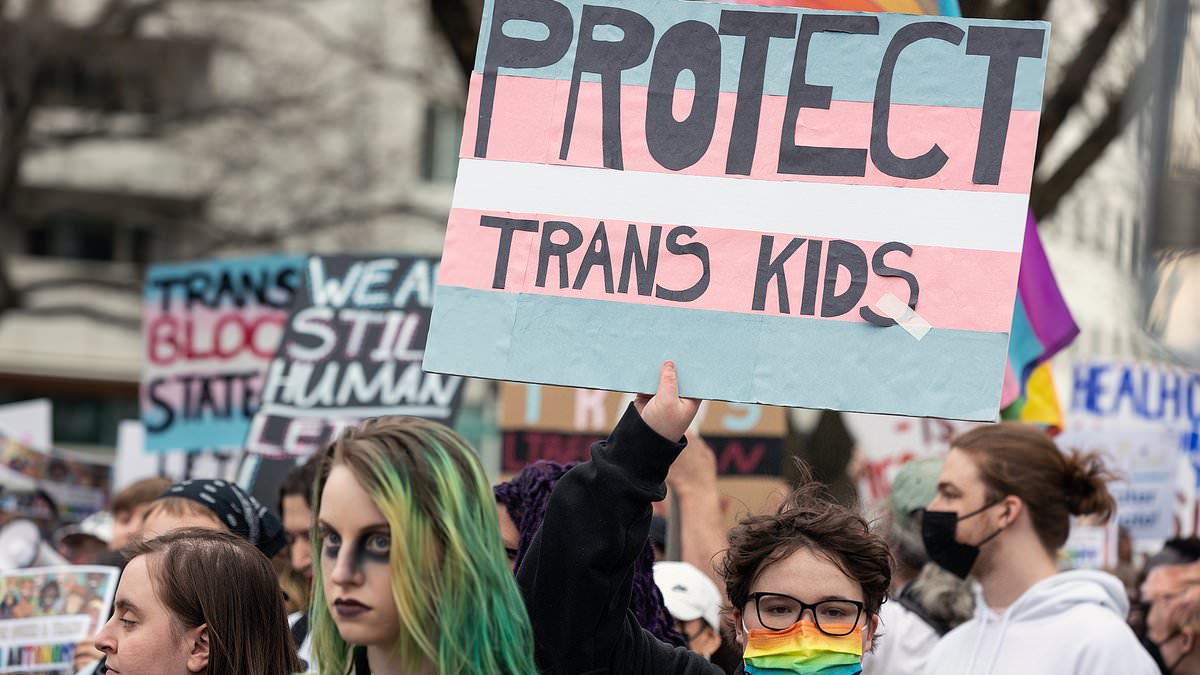Copyright Rolling Stone

S ince 2018, Russell Simmons has been living the life of a well-heeled holy man primarily in Bali, cultivating an aesthetic that falls somewhere between Eat, Pray, Love and alternative-medicine practitioner. Calling himself a yogi and professing wellness expertise — he has been promoting his 2015 vegan cookbook on Instagram — the Def Jam Recordings co-founder posted an exuberant selfie with a group of apparent religious pilgrims earlier this year, with the caption: “The goal is self discovery when one knows the self she/he makes life a moving prayer.… he should practice living in prayer ❤️ and one day in this lifetime or the next all suffering stops…” This introspection has also served as a business opportunity: Simmons is a founder and investor in the Gdas Bali Health and Wellness Resort, “the destination for devotional and wellness practitioners,” he wrote on Instagram. His Instagram account is filled with dedications to his family, yoga mentors, and old-school rapper friends — “It has probably been at least one year since I missed 8 am meditation,” he wrote in August — with Simmons noting recently that “Govinda das Ananda (god’s blissful servant) was the name given to me by krishna,” and writing that one woman’s introduction to yoga and meditation “inspire[s] me to keep serving.” However full the pioneering hip-hop mogul’s island life might appear, his relocation came amid numerous sexual-misconduct allegations back in the United States. For more than a year, Simmons’ continued residence in Bali dovetailed with allegations that he had yet to pay agreed-upon settlements to at least five women who have accused him of sexual misconduct. Wendy Franco, Sil Lai Abrams, and Sherri Abernathy said in court papers filed in October 2024 that for more than a year, Simmons hadn’t paid 2023 agreements of more than $3 million total. Specifically, Simmons had agreed to pay Franco $515,000, and Abrams and Abernathy $1,265,000 each. Editor’s picks Abernathy alleged that Simmons raped her in 1983, while Abrams claimed Simmons raped her a decade later in 1994. Franco has not publicly made claims against Simmons, but according to settlement paperwork filed in court, the settlement relates to alleged “physical injuries and sickness.” Documents filed in the legal proceedings also show that as of January 2025,, Simmons also owed a total of at least $8 million to three other accusers: Tina Klein-Baker, Toni Sallie, and Alexia Jones. These filings from earlier this year claimed that Simmons had paid only $220,000 total to them. (A firm spokesperson for Klein-Baker’s lawyer, Kenya Davis of Boies Schiller Flexner, said that “at this stage of litigation, the attorneys and clients could not comment.” The attorney for Sallie and Jones declined to comment and declined to make them available for this article.) Rolling Stone sent a detailed list of questions related to the allegations of abuse and nonpayment to multiple attorneys representing Simmons. Simmons, through one of his attorneys, Imran Ansari, declined to comment. Two days after Rolling Stone sent Simmons questions for this article, a lawyer for Franco, Abrams, and Abernathy told Rolling Stone, “The matter has been resolved,” but declined to provide any additional details. Lawyers for Simmons did not reply to additional inquiries on the nature of the resolution, and it remains unclear what conditions and parameters, if any, are included in the resolution or how much money, if any, the women have received. Meanwhile, Simmons has gone on the attack in response to allegations against him. This summer, he filed a defamation suit against HBO and Amy Ziering and Kirby Dick, the filmmakers who produced On the Record, a 2020 documentary featuring interviews with several Simmons accusers. (Simmons’ lawyer claimed “credible information, persuasive evidence, [and] witness statements” supporting Simmons were “disregarded” in the making of the film. HBO’s parent company, Warner Bros. Discovery, said in a statement to Rolling Stone that the lawsuit “lacks both merit and substance” and that they “stand behind the documentary.” The suit is ongoing.) Related Content The settlement papers with Franco, Abrams, and Abernathy do not detail specific accusations — like Franco’s, the other two settlements reflect that “[t]he Settlement Amount constitutes a payment for damages for Claimant’s alleged personal, physical injuries and sickness” — nor does Simmons admit wrongdoing in the settlements, which state that his payment does not imply “any admission of liability, fault, or wrongdoing.” Sallie and Jones’ settlements also state that the agreements do not admit any liability of wrongdoing, nor specify exact allegations. In interviews with Rolling Stone prior to the resolution, Franco, Abrams, and Abernathy largely described Simmons’ apparent delay in payment as another emotional blow in the already-arduous process of legal action against him. His nonpayment, which spanned more than a year at the time of these interviews, felt like another trauma. “It was devastating,” Franco said in an April interview with Rolling Stone, before the resolution. “I just felt so stupid that I thought this person would follow through, that I thought that someone who could do what he did would turn around and acknowledge me and make some type of amends. You exposed yourself to this, and now this person again shows you that it doesn’t matter to him.” Simmons has said that “I own no property in the United States,” and has cried poverty in filings. His legal team, in a defamation suit filed by former music-industry executive Drew Dixon, who accused him of rape in 2017, said in September that he owes them more than $100,000 in fees. (Simmons has denied Dixon’s claims.) The attorneys also said that Simmons is unable to pay a $15,000 penalty imposed by the court on his legal team for missing a scheduled court hearing. “You exposed yourself to this, and now this person again shows you it doesn’t matter to him.” Wendy Franco Dixon’s lawyer, Kenya Davis, shot back that Simmons has money, urging a New York judge to ignore Simmons’ “palpably false and self-serving claims of poverty.” Davis said that Simmons has a 75 percent stake in the Gdas resort and noted his “ongoing partnership with and ownership interest” in a Singapore-based talent agency. Resolved or not, Franco, Abrams, and Abernathy’s years-long financial purgatory also exemplifies the unfulfilled promises of #MeToo. Women were encouraged to take action against men who had allegedly harmed them — often upending their lives in the process — only to find that the financial and emotional relief in coming forward might be ephemeral at best, nonexistent at worst. Simmons’ protracted nonpayment also reflects the logistical perils and broader challenges for anyone navigating the legal process. People can willingly enter into settlements — as Simmons did — but if they don’t pay, enforcement of these agreements could spiral into a labyrinthine and prolonged legal fight. “It could be indefinite,” says Daniel Tabak, a partner at the New York law firm Cohen & Gresser who focuses on bankruptcy and was not involved in any Simmons cases. “There’s no guarantee that [plaintiffs] will ever be able to collect.” Meanwhile, Simmons’ financial liabilities don’t seem to have impeded his movements. On Aug. 11, he posted a video of himself and a fan to his Instagram shot in New York City. “NYC can be so magical,” he wrote. “Just met this wonderful young lady. She is full of love <3.” A ‘Life-Changing Trauma’ For years, Franco dealt with her pain personally and alone, and tried as best as she could to avoid thinking about Simmons. “I did not follow Russell Simmons in any way. I was very averse to him and everything about him,” she says. Then came #MeToo. While Franco declined to discuss the specifics of her allegations — “Ms. Franco is reluctant to elaborate on her claims against Mr. Simmons, given his penchant for litigation,” her attorney, Andrew Wilson of Emery Celli Brinckerhoff Abady Ward & Maazel, tells Rolling Stone — she spoke openly prior to the resolution about the deep emotional toll of Simmons’ apparent failure to pay the settlement. “A lot of people were writing about their experiences with powerful men having abused them,” Franco tells Rolling Stone. She had come across accounts of women speaking out against Simmons and had learned about a documentary on him while it was already in progress. “I missed my opportunity to be in this film because it had already been done,” Franco says. “It was a letdown.” Franco contended with economic and family hardships from a young age. The 50-year-old came to the U.S. with her family from the Dominican Republic at age 11, and describes the move as “a lot of trauma.” She and her siblings were separated and scattered into foster homes during the immigration process. Franco says she was “pretty much living on my own by the age of 14” and staying with friends in New York. She wanted to act, but her dyslexia and need to learn English on her own scared her from reading in public. But Franco, who ultimately became enmeshed in the downtown New York City arts world, taught herself by “reading The Outsiders with a dictionary, listening to the Smiths, and translating.” The resilience carried forward. Franco kept up with Simmons’ accusers through social media and discovered the Adult Survivors Act. The 2022 New York state law created a one-year window for adult survivors of sexual misconduct to file civil claims against their alleged abusers that otherwise would have exceeded the statute of limitations. “It felt like divine intervention,” she says, sometimes twirling a ringlet around her finger when she speaks. “It felt crazy and it worked out. I felt like a little bit of my history was validated. It was amazing.” The settlement addressed a sense of dehumanization that had weighed on her for years. “It’s like a life-shifting, life-changing trauma that makes you doubt who you are and your value and your worth, and it means so little to the person who traumatizes you, who abuses you; it means nothing to them,” she says. “They might not even fucking remember it. So to have that person have to admit, even if it’s just to get you off their back, that you existed … it’s incredibly important.” Abernathy — who as Sheri Sher was a founding member of the pioneering all-female hip-hop group Mercedes Ladies — describes a sense of empowerment in her decision to come forward. The 64-year-old former rapper still delivers her words enthusiastically, often smiling as she recalls the group’s music. She tells Rolling Stone that she worried about reprisal amid her already turbulent life had she come forward back in the 1980s. Abernathy’s family, consisting of her mother and 10 siblings, constantly faced eviction in New York City. Writing was her solace. She was frequently scribbling in black-and-white-speckled notebooks, covering one side in rhymes and the other with diary-like missives. During one eviction, Abernathy recalls, city marshals took her composition book. “That really hurt me,“ she says. She crossed paths with Simmons a few times while she was pushing hard for Mercedes Ladies’ success. She has previously said that Simmons attacked her one evening after luring her to his office under the false pretence of a business conversation. Abernathy alluded to the alleged rape in her 2008 autobiographical novel, Mercedes Ladies, but did not name Simmons despite her friends’ encouragement to do so. She mulled naming him for four months, but ultimately decided against it. “I felt that if I came out,” she tells Rolling Stone, “I would have a lot of trouble on my hands.” That changed in late 2017. Following allegations against Harvey Weinstein that October, more women were coming forward with sexual misconduct claims against powerful men in the entertainment industry, including music, notably leading to the conviction of R&B star R. Kelly and sprawling allegations against Marilyn Manson. (Manson has denied the claims.) Model Keri Claussen accused Simmons of sexual assault in a November 2017 article in the Los Angeles Times. Less than two weeks later, screenwriter Jenny Lumet alleged in The Hollywood Reporter that Simmons sexually assaulted her. Three women, including Dixon, accused Simmons of rape in a Dec. 13, 2017, New York Times article. (Simmons is fighting Dixon’s defamation suit, in part by insisting that his broad denials of sexual misconduct on a podcast did not directly name her.) “I felt that if I came out [in 2008], I would have a lot of trouble on my hands.” Sherri Abernathy That same day, Abernathy was one of five women who accused Simmons of misconduct in a Los Angeles Times article. “I never really expected that all these women would come out. I thought I was the only one,” she says. “When it came out, I felt a little bit of empowerment behind it. I thought there was never gonna be justice, but justice did come out.” Simmons has repeatedly denied the claims, saying in 2017 that “these horrific accusations have shocked me to my core, and all of my relations have been consensual.” He apologized in another statement for being “thoughtless and insensitive.” Weeks earlier, he said that he had “never committed any acts of aggression or violence in my life. I would never knowingly cause fear or harm to anyone.” The settlement “wasn’t about money,” says Abernathy, noting how she didn’t name Simmons despite her book coming out at the height of his fame. “I’m not a money person. I always worked and kept paying my own way.” For Abernathy, who recently retired after working as a New York state court officer for 20 years, the settlement meant that Simmons was “being held to account for his actions.” Abrams, a writer and survivor advocate, says she was surprised that there might be any way to get justice. “When I first heard of the Adult Survivors Act, I was shocked that it would even pass. I always held reservations about it as a mechanism for justice, because I know how extensive sexual victimization is in our society,” she says. “We treat it as if it is this aberration, and while it is aberrant, unfortunately it is common. And one of the things we’ve learned from #MeToo was how widespread this issue is. It’s not something that just happens on the fringes of society.” Abrams, who has said that she came from a chaotic home, told The Hollywood Reporter that she met Simmons in 1989. She had moved to New York City the prior year, and was working as a nightclub hostess. (She also worked as an executive assistant at Def Jam in 1992.) A few years after meeting Simmons, they had sex at various points. In 1994, Abrams saw Simmons for what she believed was a platonic meeting. She had previously told him she no longer wanted a sexual relationship and he agreed to that, according to her interview with The Hollywood Reporter. When they were out that night, Abrams has previously said, she was drinking alcohol while Simmons drank sparkling water, claiming he was sober. Later that evening, Abrams asked Simmons to direct his driver to bring her home, but she was driven to his apartment instead. Abrams said that she passed out on his bed with her clothes on. Abrams, who has said she was wavering in and out of consciousness, alleged that Simmons raped her despite her repeatedly saying no, and then directed her to leave his apartment because he was waiting for a romantic interest to call him. ‘Living a Nightmare’ In November 2023, it seemed like things would finally come to a close for the three women. Simmons signed settlements with Abrams, Abernathy, and Franco and agreed to an October 2024 deadline for payment. These settlement agreements were confidential — meaning that the women were legally barred from disclosing the amount or even the existence of a potential settlement. Nobody would know that he paid the women a dime, obviating the possibility of additional bad press. As part of these settlements, Simmons also signed paperwork attesting that he owed them the settlement money and confirming the payment deadline. Because these statements effectively validated the settlements, they should have expedited enforcement. The statements also stipulated that if Simmons didn’t pay, the women’s attorneys could file these statements — and the total amounts owed — in court and make them public. Simmons blew past the deadline without paying any of the women. The women’s attorneys filed these statements in October 2024, publicly revealing that he had brokered confidential agreements, alongside the amounts. “I was looking at my phone every day,” Franco says of waiting for Simmons’ payment. When she spoke to her attorney at the deadline and learned that he hadn’t paid, “it was devastating.” “It just made me feel crazy. I cried for days. I was completely incapacitated,” she tells Rolling Stone. “I didn’t work for a little bit, and not because I’m melodramatic and [not because] I’m a fucking take-to-my-bed person.” Franco was angry. The burden of that limbo, she says, was “like an anchor.” Abernathy voices similar sentiments. After a “very tedious and long” process, she and Simmons had come to an agreement, and for her, it seemed like it would be as over as it could be. “I thought, and I’m quite sure the rest of the girls thought, that Russell was going to keep [his promise].” When he delayed payment for more than a year, all the while leaning harder into his Zen vibe and luxe tropical lifestyle on social media, “it was just like living a nightmare over and over.” “How do you go from the godfather of hip-hop to this broken, cornered animal on this tiny island? That’s quite sad.” Sil Lai Abrams Last spring, Abernathy underwent brain surgery for an aneurysm and was “in the hospital fighting for my life.” As a result, Abernathy says she must avoid stress and keep her blood pressure down. She also needs a clear head for a hopeful Mercedes Ladies project. “I didn’t want myself to get upset,” she said at the time of the ongoing nonpayment. “I didn’t want to start crying again.” Abrams says the past year touched on her longstanding reservations about the legal process: “With the Adult Survivors Act, my concern was that once these cases began to be settled through the civil courts, a pushback would come [with] the narrative that had always existed: that the intention of a survivor coming forward is monetary gain.” She says she still decided to give it a shot, going into the negotiation “with an open mind.” She was baffled at Simmons’ delay in upholding the agreement, saying the situation “just [kept] him tethered to all of us.” “How do you go from the godfather of hip-hop to this broken, cornered animal on this tiny island?” Abrams says. “That’s quite sad.” Abrams says the entire situation points “to the limitations that civil suits can have on actually bringing survivors some measure of justice that’s intended.” Remaining Optimistic The whole point of coming to a settlement is to avoid lengthy lawsuits and trials that can cost both sides more money. Most settlements include confidentiality clauses that not only conceal the settlement figure, but also bar anyone involved from publicly discussing it. When someone doesn’t pay, collecting the owed money isn’t as straightforward as sending an angry letter. The person with the purse strings could decide to stall or skip out on their tab. Attorneys can take them to court. A judge can order payment. Banks can be forced to comply. But if the money isn’t readily available, getting it becomes a challenging process. “A sophisticated, wealthy defendant often can hide their assets in a way that makes it very difficult for plaintiffs to collect,” explains Tabak, the Cohen & Gresser lawyer who helmed Hulk Hogan’s legal team in Gawker’s bankruptcy, resulting in a $31 million settlement. The state of Simmons’ finances remains unclear. For years, Simmons has been fighting his ex-wife, Kimora Lee, in court over millions of dollars in Celsius energy drink shares that the feds want to seize following the money-laundering conspiracy conviction of Kimora’s ex-husband Tim Leissner. (Through a rep, she declined to comment for this article.) How exactly the Celsius case will play out is unknown — a recent court filing suggests that Simmons and Kimora might have come to some sort of agreement that’s yet to be finalized — but at the very least, Simmons has tens of millions on the line. Three of his accusers — Sallie, Baker, and Jones — have appeared in court filings as “interested parties” in the Celsius case, though it’s unclear if any of the disputed money would go to his accusers. Wilson, Franco’s attorney, has subpoenaed a business firm that works with Simmons for information about his finances. He has also subpoenaed one of Simmons’ daughters, Aoki Lee Simmons, for financial information. Wilson’s firm also sent Aoki Lee a letter dated April 4 warning that if she spent any of her father’s money, she could be on the hook for his nonpayment. (A rep for Aoki said he was not able to reach her for comment.) Resolution aside, the months of waiting both took a toll and prompted questions for the women. “He has his freedom, technically, but he’s trapped in a prison of his own making, mentally and otherwise — he’s not dealing with reality,” Abrams said in July. “The reality is: He owes a significant number of people a significant amount of money. And that’s not going to get wiped away just because he chooses to hide on an island in the ocean.”



